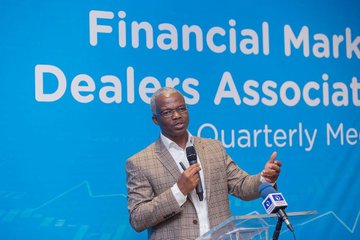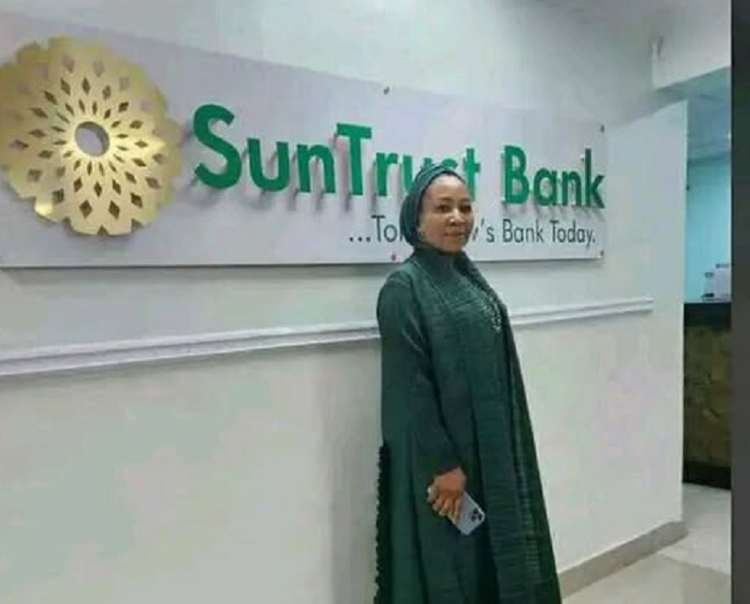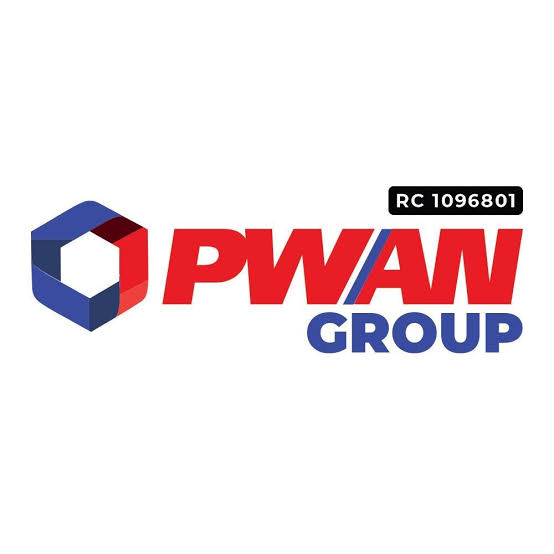Stockbroking Firms Must Reinvent To Stay Afloat –Doyin Salami

Chairman of the Economic Advisory Council (EAC), Professor Adedoyin Salami has said stockbroking firms in Nigeria must move beyond concentrating on equity, conducting stock sales and purchase by being more innovative to remain relevant in this current global economic climate.
Salami said this while delivering the keynote address at the annual retreat and strategy session of frontline broking firm, Globalview Capital Limited, which held in Lagos on Saturday.
According to the scholar, the capital market may soon experience some form of turbulence, especially with the precarious state of the global economy, the reversion of liquidity provision policy for the Nigerian market, the tightening of monetary conditions and the increase in bank interest rates.
He noted that the capital market faces a huge risk as 45 per cent of portfolio investors are foreigners while 55 per cent are indigenous, adding that the top 10 domestic brokers control well over 40 per cent of the indigenous market share, leaving the remaining for over 200 firms to grapple with.
“What you would expect to see now is that anybody who is risk-averse will opt out of the market and go and sit down with the banks. Note that companies are using equity to trade if you are on the equity side, they are all facing real problems; the margins are contracting and so, as the lawyers say: ‘you cannot build something on nothing’. If corporate profitability is shrinking, then equity market outcomes are not anything that is going to spectacular. Where you are now is a dying space,” he said.The EAC Chairman advised stockbroking firms and stockbrokers to become wealth managers rather than seeing themselves as mere intermediaries for customers. He added that as income movement is seen to be concentrating upwards, stockbroking firms should, therefore, concentrate on targeting high-value customers and learn how to manage their risks optimally.
“In terms of portfolio net output in 2019, one of the things we saw is that the net outflows came largely out of the equities market while the inflows went to the fixed income market.
“Therefore, maybe your transition should actually be from stockbrokers to wealth managers because as a wealth manager, you can now playing across different series of markets; not actually just doing intermediation, which you can, but the nature of the advisory that you do is very different. But the skills you need also are very different.
“The real business is not the transactions spend anymore, the real business is now looking for high-net value customers, designing products and wealth management products that are customised for them. It is on that that you can now charge the real fees in addition to the transaction implementation fees,” he said.
Mr. Rotimi Fakayeko, Chief Executive Officer of Greenhouse BDA Limited, said the low participation of local investors in the capital market has allowed room for arbitrage and proprietary trade. He, however, noted that while this development may be deemed crucial by stockbroking firms, they must also be cautious with the way such trade is conducted.
Fakayeko stated that the market outlook for the year is positive, following the early passage of the 2020 budget, the submission of the economic report by the EAC to President Muhammadu Buhari and the crash rate in the money market. He, however, warned that Nigeria must not be over-reliant on foreign portfolio investors, as such tend to invest only when the naira is steady, thereby not providing the liquidity needed in the market.
“The foreign portfolio investors will always wait at such a time that the Naira is very stable before they will actually come up and make investment. But the way it is right now, though they are here, they are not here the way they used to be, but one thing that is key is that we should not be overly dependent on foreign portfolio investors as we have always done,” he said.
He also emphasised the need for stockbroking firms to have a robust research department and utilise technology in their operations, noting that data intelligence is now one of the key drivers for marketing in the market.
Speaking on the need for regulation, Mrs. Olayemi Owoeye, Head, Monitoring and Enforcement (Broker/Dealer Regulation Department) of the Nigerian Stock Exchange, said the minimum operating standard (MOS) was introduced in order to provide a conducive and orderly market, which could help firms attract investors.
“When the exchange came out with the MOS, it wasn’t designed to kill the market or reduce the number of dealing member firms. The MOS was designed to ensure dealing member firms are able to match up with their counterparts. So, the firms do foreign transactions, we do domestic transactions, which would make investors come and do business with you. But in the course of doing that, we want to make sure that you have certain minimum requirements that serve as a threshold in a way that is suitable to your business depending on the licence function that you hold,” she said.
Owoeye said it is imperative for stockbroking firms to always practice corporate governance in their operations, conduct a clean-up of their database and get updated information about their clients. She added that the NSE continues to collaborate with dealing member firms and investors on a number of issues, noting that the regulator has provided a self-reporting mechanism through the self-assessment forms in order for the firms to evaluate themselves and hand over the required financial, non-financial and regulatory disclosures.
In his submission, Mr. Stanley Zebulon, Chief Executive Officer of Venerate Capital, said stockbroking firms must, in addition to their broker dealing business, make a strategic move into the investment advisory sector.
Making reference to the growth one of the popular mobile phone retail stores in Nigeria and how the owner of the business was provided with detailed advice to advance the business, Zebulon explained that stockbroking firms must evolve as corporate advisors or diversify into investment banking or corporate finance to generate greater value for their businesses.
Earlier in his opening remarks, Dr. Tunji Sobodu, Chairman of Globalview Capital Limited, said the session was important as it would help the company appraise its objectives for the 2020 financial year.
“The environment has been quite tricky, much uncertainty and this particular sector has been faced with challenges, with the capital market having been on the decline, at least consistently, in the past two years but for the recent spike. But at a time like this when a couple of things are taking place, it’s a time for us to re-examine the business with a view to ensure that we are strengthened to overcome this challenges and to set the company on the path of sustainable growth and profitability,” he said.














